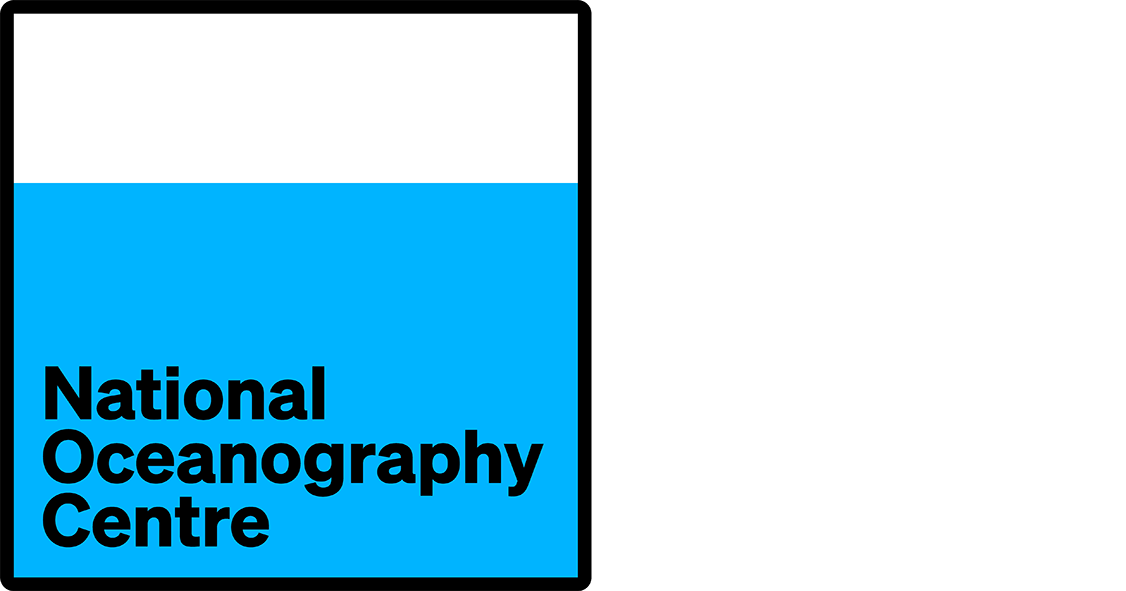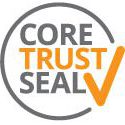Processes Influencing Carbon Cycling: Observations of the Lower limb of the Antarctic Overturning (PICCOLO)
The Processes Influencing Carbon Cycling: Observations of the Lower limb of the Antarctic Overturning (PICCOLO) research project was originally granted a £1.8 million over four years (2017-2021) by the Natural Environment Research Council (NERC) to contribute to the wider 'Role of the Southern Ocean in the Earth System' (RoSES) programme .
However, due to clashes in research vessels timetable and technical issues of one of the key observational platforms allocated to PICCOLO, the project experienced a considerable delay of approximately three years.
The main aim of the PICCOLO project is to quantify the crucial processes that determine carbon cycling in the lower limb of the Southern Ocean overturning circulation, and build a roadmap for their parameterisation in climate-scale models. Please visit the PICCOLO web page for more information.
Background
PICCOLO aims to contribute to the overarching RoSES objective to inform international climate policy on the role of the Southern Ocean carbon system in the global issue of climate change. In particular, PICCOLO is designed to address the lower-limb key processes controlling the rate of the Southern Ocean carbon uptake, as opposed to the CUSTARD project , which will focus on the upper-limb processes. Moreover, PICCOLO‚??s research aims to complement the large-scale, physics-focussed ORCHESTRA programme by targeting the biological and biogeochemical components of the Southern Ocean system.
Participants
Five different UK-based organisations are directly involved in research for PICCOLO:
- University of East Anglia (UEA)
- Plymouth Marine Laboratory (PML)
- British Antarctic Survey (BAS)
- University of St. Andrews
- University of Plymouth
Research details
The PICCOLO project has two main deliverables:
- To define and quantify the key processes controlling the rate of carbon uptake in the lower limb of the Southern Ocean overturning circulation.
- To reach a mechanistic understanding of those key processes, and a roadmap for their parameterisation in climate-scale models.
These deliverables are addressed by five interlinked science Work Packages, outlined below as described in the PICCOLO Case for Support document:
Work Package 1: Abiotic carbon processes in the upper ocean elucidates processes occurring as WDW upwells and circulates in the Weddell Gyre towards the continent, assesses changes to water mass properties, and analyses air/sea/ice interaction and gas exchange processes that occur in coastal polynyas.
Work Package 2: Biological carbon transformations in the upper ocean quantifies the contribution of phytoplankton and bacterial processes to the uptake, transformation and remineralisation of carbon, and determines the constraints on production and respiration imposed by iron and light.
Work Package 3: Biological mechanisms regulating Particulate Organic Carbon export to AABW evaluates the processes that control the biological carbon pump, the effect of food web structure and grazing functions on the efficiency by which organic material is exported to depth.
Work Package 4: Carbon sequestration into the deep ocean assesses the sequestration processes as the dense water spills off the continental shelf, mixes and descends the continental slope.
Work Package 5: Synthesis and roadmap for process parameterisation for future Earth System models synthesises the mechanistic understanding from Work Packages 1-4, together with contextual analysis of models and satellite remote sensing. We will combine the analyses and outcomes from Work Packages 1-4 to produce a comprehensive year-round understanding of the role of the Weddell Sea in determining global atmospheric CO2.
Fieldwork and data collection
A series of platforms and sensors were originally approved and funded by NERC to support the PICCOLO project. However, in July 2018 PICCOLO project participants were informed of a significant project delay of approximately three years, and that the Autosub Long Range (ALR) with over-winter hibernation was no longer available. PICCOLO is still negotiating contingency plans with NERC (as of March 2019).
| Activity | Original plan | Revised plan (as of March 2019) |
|---|---|---|
| Cruise | February 2019, on James Clark Ross | February 2022, on Sir David Attenborough |
| Seagliders | 5, to be deployed in February 2019 | 7, deployed in February 2022 |
| Autosub Long Range (ALR) | 1, to be deployed in February 2019 for a year-long survey, including over-winter hibernation | Cancelled by NERC. |
| BGC Argo floats | 2, to be deployed in December 2018 | 2 NAVIS floats deployed in December 2018 from PS117.
2 extra PROVOR floats, procurement to be confirmed. |
| Seal tags | 9, to be deployed in February 2019 | 19 (10 extra donated by ORCHESTRA), to be deployed in February 2022 |
| Mooring | Not planned. | To replace ALR. Deployment and recovery to be confirmed. |
Contacts
Prof. Karen Heywood (University of East Anglia, UK) - Lead Principal Investigator and lead of Work Packages 4 and 5
Dr. Tom Bell (Plymouth Marine Laboratory, UK) - Co-Lead Principal Investigator and lead of Work Package 1
Prof. Carol Robinson (University of East Anglia, UK) - Lead of Work Package 2
Dr. Angus Atkinson (Plymouth Marine Laboratory, UK) - Lead of Work Package 3

